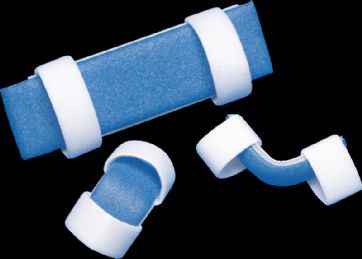





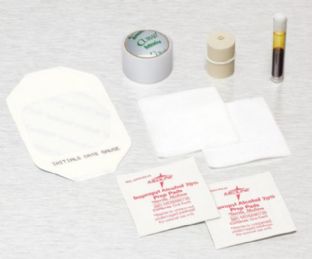
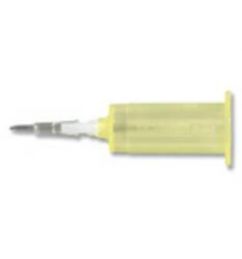
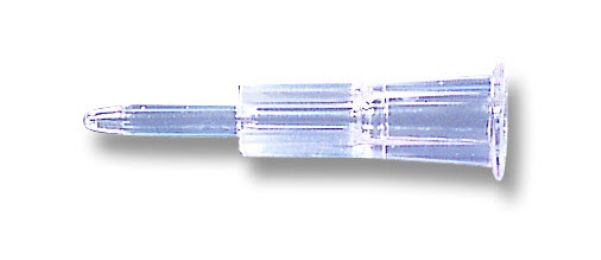
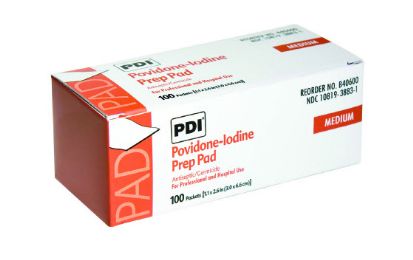
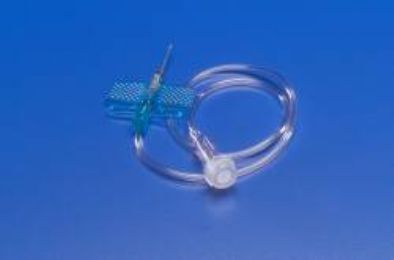
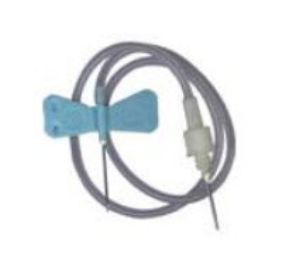
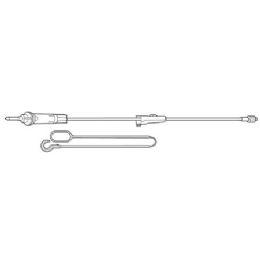
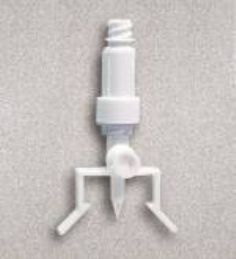
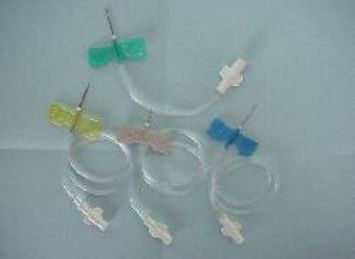
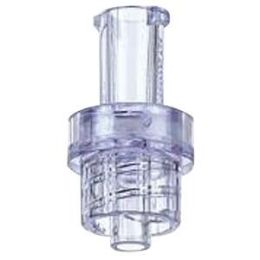
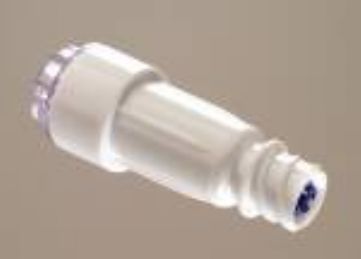
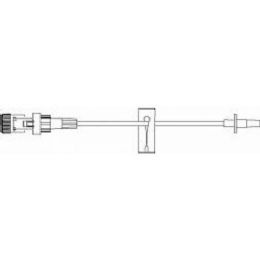
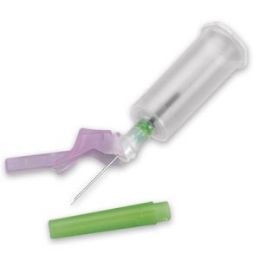
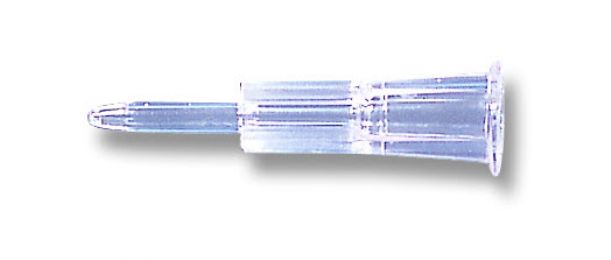
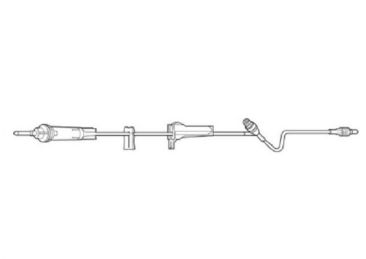
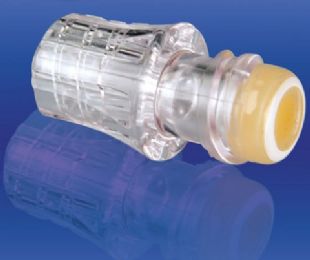
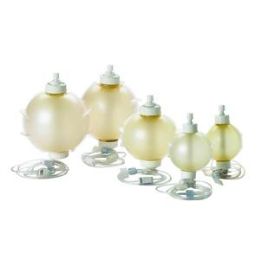
.jpg&newheight=260&quality=80)
What is Intravenous (IV) Administration?
Intravenous administration describes the way certain kinds of medicines or other substances are delivered into the body. Many medicines or other fluids can be taken orally, but sometimes this is not an option for some people. This can be due to time concerns or the need to bypass the stomach and get the medicines or other treatments directly into a vein. In these circumstances, a doctor or nurse can establish a small IV line that goes straight into the vein and use it for drug or other fluid delivery. Many medications are delivered in this way at certain treatment centers, hospital settings, and sometimes at home.
When the IV site is established, intravenous infusion can begin with an administration set which may be connected with extension sets or cannulas to control the flow, and enable extra medications to be injected into the tubing, or to temporarily stop the infusion. What is infused can greatly vary; for example, an individual may be dehydrated and the only medicine infused is a balanced electrolyte solution. If necessary, other medicines can be injected into the solution to remedy other problems. For example, an anti-nausea medicine may be added to stop uncontrollable vomiting.
Many medicines can be given by an intravenous infusion, such as antibiotics, chemotherapy medicines, steroids, certain therapies that boost an individual’s immune system, or any time medicine cannot be taken orally or rectally. Some find an IV feels a little painful if it is kept in for a long period of time, but, this may vary and could be the result of many factors. These factors could include sensitive skin, the degree of sensitivity to the tape used to secure the IV in place, and a personal level of pain tolerance. Typically, an IV should not be too irritating, but if it is, a doctor or nurse should be alerted.
Rehabmart is pleased to offer a variety of superior quality intravenous administration supplies from highly regarded vendors inclusive of McKesson Medical-Surgical, Independence Medical, DeRoyal and Medline.
Hulet Smith, OT
Rehabmart Co-Founder & CEO
lb